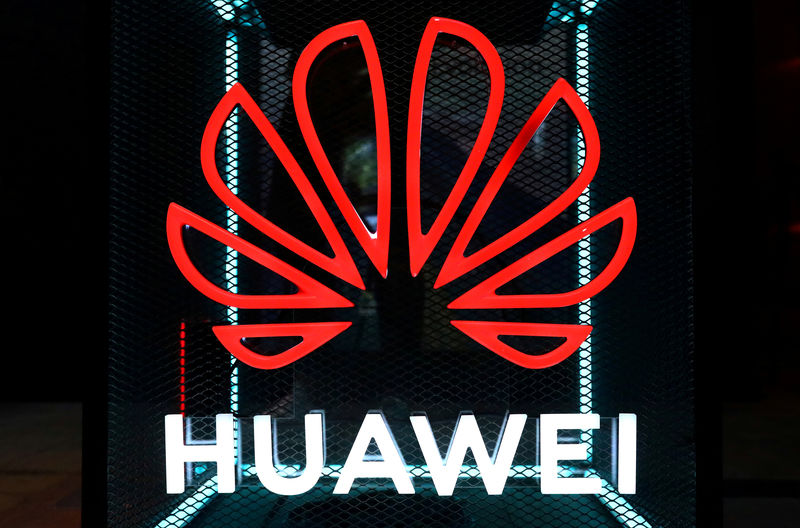By David Kirton
SHENZHEN, China (Reuters) - China's Huawei has mounted a legal challenge against the U.S. Federal Communications Commission (FCC) after the body designated the technology giant as a security threat and moved to bar it from a government subsidy program.
The FCC last month voted unanimously to designate Huawei Technologies Co Ltd [HWT.UL] and peer ZTE (HK:0763) Corp (SZ:000063) as national security risks, barring their U.S. rural carrier customers from tapping an $8.5 billion government fund to purchase Huawei or ZTE telecommunications equipment.
Huawei said on Thursday it filed a petition with the Fifth Circuit Court in New Orleans challenging the FCC decision.
The FCC argued the companies' ties to China's government and military apparatus, and Chinese laws requiring that such companies assist the Chinese government with intelligence activities, pose a U.S. national security risk.
It also voted to propose requiring carriers remove and replace equipment from Huawei and ZTE in existing networks.
"Banning a company like Huawei, just because we started in China - this does not solve cyber security challenges," Huawei's Chief Legal Officer Song Liuping said at a news conference at the firm's headquarters in Shenzhen.
He said the FCC has not provided evidence to show Huawei is a security threat and that "this decision, just like the entity list in May, is based on politics, not security."
The Huawei document was not yet available in the U.S. court filing system. It is not clear when the FCC decision will come into effect.
FCC spokesman Brian Hart declined to comment. On Wednesday, the body's chairman said he will propose $9 billion in funding over the next decade to boost fifth-generation (5G) wireless telecommunications coverage in rural U.S. areas.
U.S. President Trump in May placed Huawei on the country's trade blacklist, citing national security concerns, which banned companies from supplying Huawei with U.S. components without special licenses.
The move came after Washington brought criminal charges against Huawei, alleging theft of trade secrets, bank fraud and violation of U.S. sanctions against Iran. It has also sought to convince allies to ban it from the 5G networks over spying fears - increasing tension with Beijing amid a tit-for-tat trade war.
The United States is now considering means of stopping more foreign shipments of products with U.S. technology to Huawei, Reuters reported last week.
Karl Song, vice president of Huawei's corporate communications department, said the FCC rule threatened improving connectivity in rural America, and would cost hundreds of millions of dollars and even force some small carriers to go bankrupt.
Asked to comment on Huawei's sales to rural carriers, Song said the firm's U.S. revenue was "minimal" compared with the $11 billion in goods that it procured from the United States.
Alan Fan, Huawei vice president of IP strategy and international legal policy, said U.S. rural carriers and groups submitted 90 comments to the FCC, 58% of which opposed action against it.
The Chinese telecoms giant has also in recent days faced a public backlash at home after details of the dismissal and wrongful detention of a former employee went viral. Chinese media have also reported on at least one other similar case.

Asked about the matter, Song said it was not a labour dispute and the company was obligated to report to authorities if it found any suspicious, unlawful act.